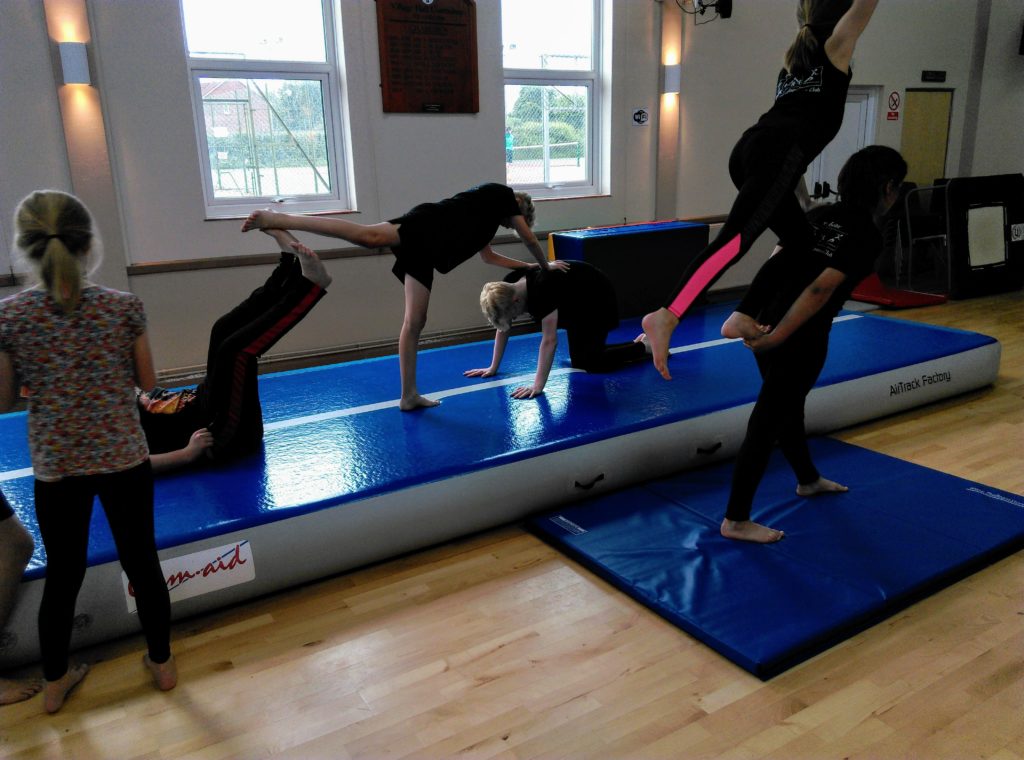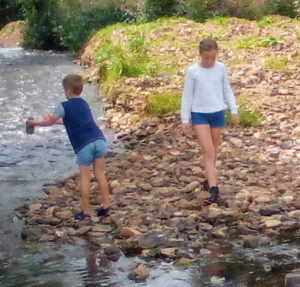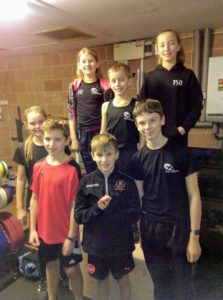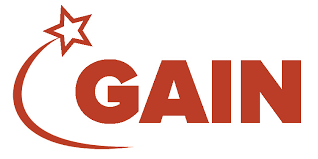Main Menu
Latest Blog Entry
User login
12 coaching lessons learnt in 2018
Things I think I have learnt this year

1.Athletes, especially young ones, have so much happening in their lives that our influence is minimal. Coaches need to realise this.
2. Periodisation planning is flawed in group settings in all but the most controlled environments (see #1). Every athlete doing your sessions has eaten, slept, socialised, studied and travelled differently from their peers. All of these influence the effectiveness of your programme.
3. Children are simply unable to throw. Parents would rather send them to an athletics or tennis club than play with their kids in the park. Time spent throwing stones into a river or the sea is time well spent. Encourage your athletes to play with their parents.

4. Fitness testing is overrated. I know that 16-18 year old girls are going to be weak. Measuring them and telling them what we already know is unlikely to motivate them.
5. Exploration and problem solving tasks lead to high engagement. For example, Pike head stands are hard, but help develop control, balance, strength and mobility.
Doing them looks cool, kids want to be able to do this. They practice in secret without being asked. Or, you could tell them to do 2 x20 ab curls and 30 seconds of plank…
6. Fartlek training (Speed Play) should be athlete led. They learn the rhythm of running as well as adapting to the undulating terrain and different environments. Why are college lecturers prescribing this on a treadmill? It ain’t fast and it ain’t fun.
7. Collaboration works better than competition for most kids. Parents have different views and some are obsessed with rating their children against others. UGH! Gymnastics displays to showcase their newly developed skills has proved popular with our members.
8. Growing and developing assistant coaches from within the club is better than asking for outside help. It takes more time, but we have benefited greatly this year from internal help. These volunteers understand our work ethic and culture.

9. I would take our group of athletes in our “Strength and co-ordination” sessions over any “professional” group I work with. These 9-13 year olds ask great questions of me, themselves and of each other. They come to each session prepared and ready to work.
10. A mix of:
• Free practise
• Partner work
• Specific skills
• Structured group work
is how our gymnastics class has evolved. If we have some of each element, the class runs smoothly. Too much of any one aspect and we lose cohesion.
11. Listening to a good tune for 2-3 minutes after driving to a coaching session helps me transfer to coaching mode. I then start the session fresh #1 at present is “Lack of Afro’s Cold Blooded”

12. Technology is over rated. All my best coaching interactions have happened from face to face contact.
Listening, observing and learning from our athletes has been the best part of this year. I reflect after each session in my coaching journal using the Mark 1 pen and journal.
Thanks to everyone who helped
These were my reflections. My coaching improved in 2018 thanks to many people helping including:
- Barry Phelan, Karen, Craig and Alex at Orchard Gymnastics.
- Vern Gambetta and everyone at GAIN
- Keith Morgan and Marius Hardiman for all things Weight Lifting
- Simon Worsnop for helping set up our Athletic Development Coach course
- My wife Sarah and all the athletes for keeping my feet firmly on the floor.
Client Testimonials
 Vern Gambetta: GAIN founder
Vern Gambetta: GAIN founder
James Marshall is the consummate professional, always learning and working to make himself better. His focus is always on the athletes he working to make them better by exploring and discovering the dimensions of movement. He is a longtime active member of the GAIN professional development network. This gives him access to other professionals around […]
More


Comments
How do you know your coaching improved? This would be the same question you would ask me. Are you saying all of the things you chose not to do don’t have some place in the development of those you work with?